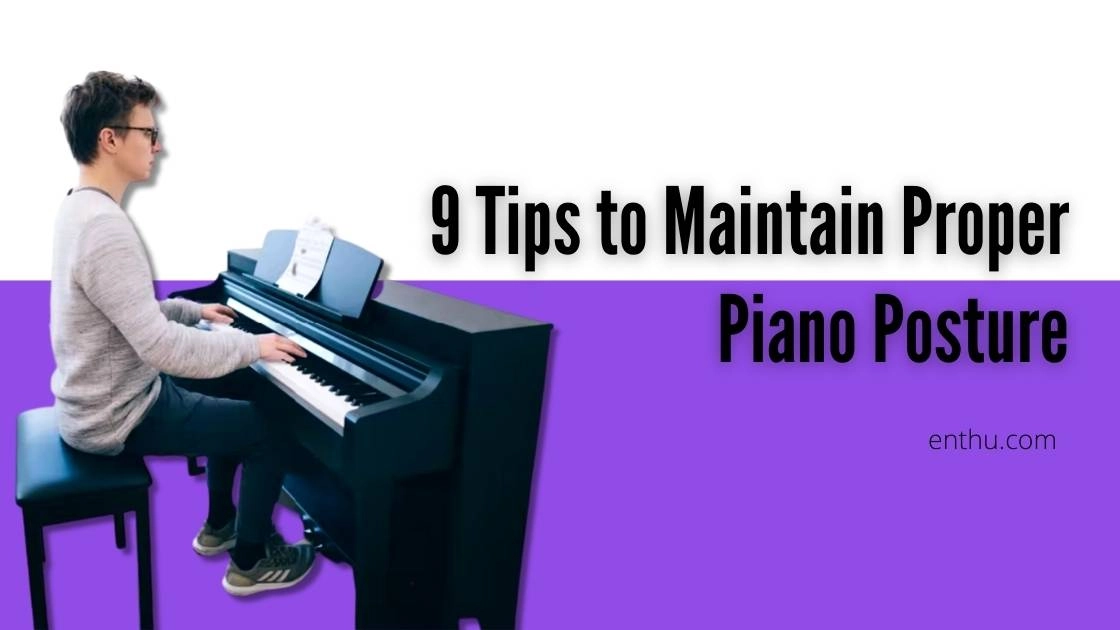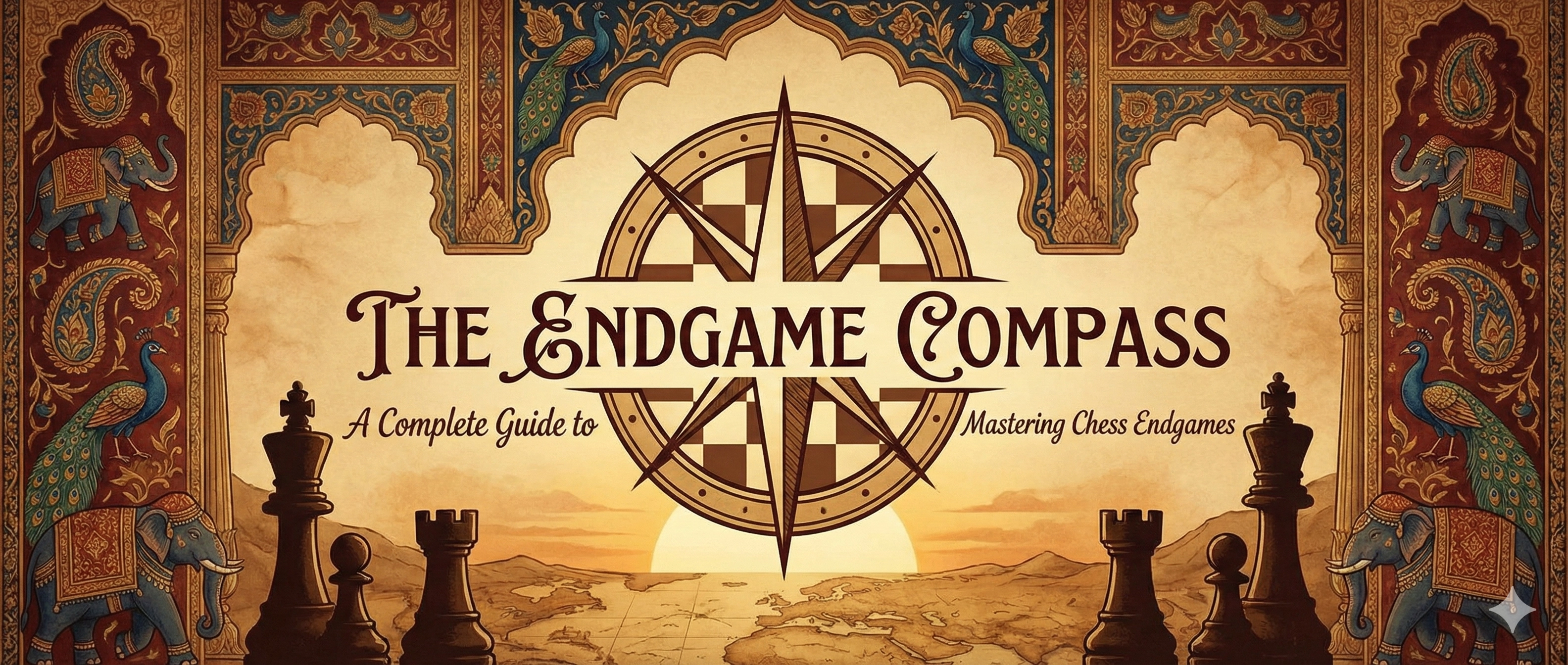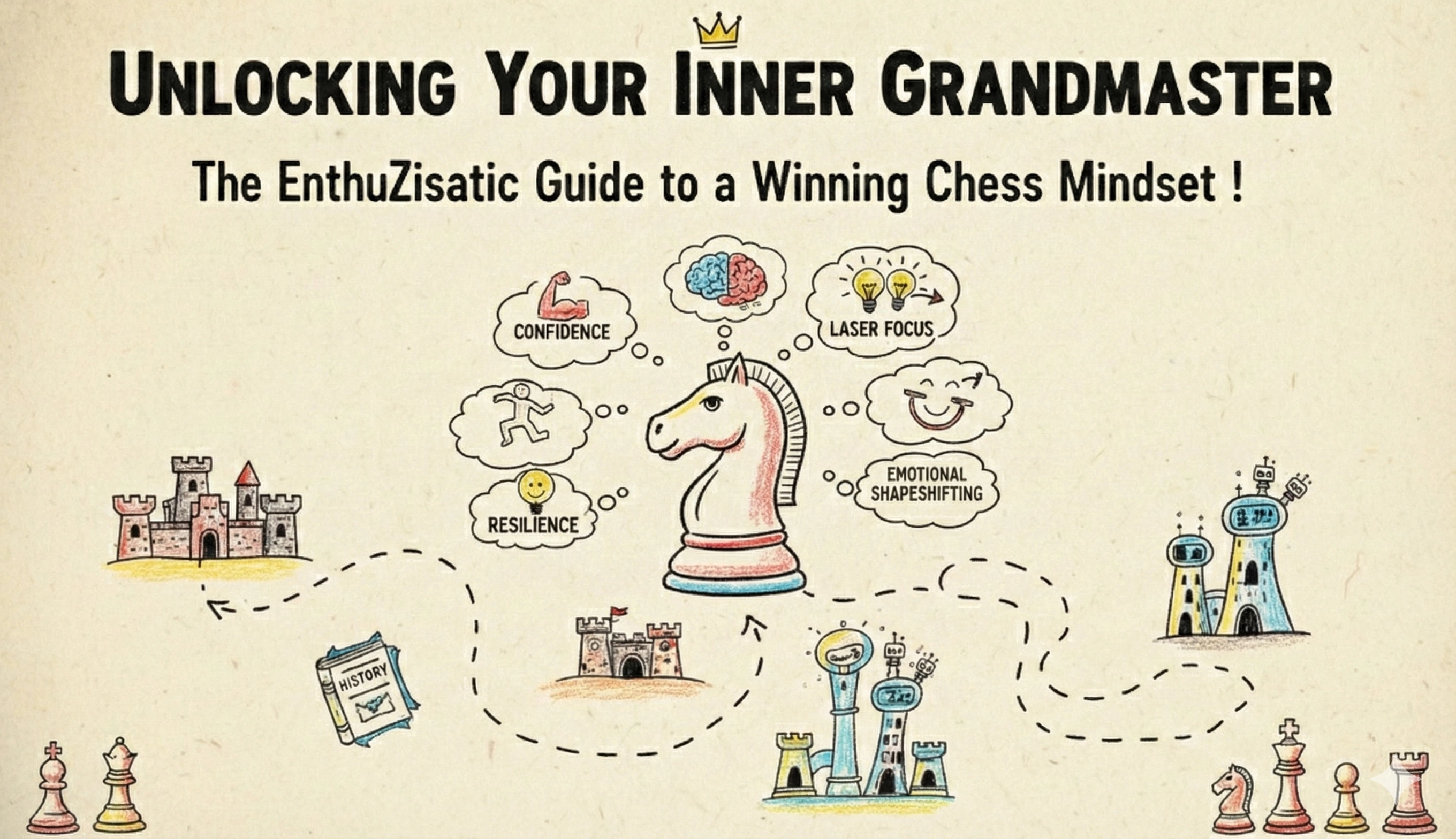How long does it take to learn Piano? - a question asked by every beginner. Surprisingly, people ask this question even before they begin their practice.
Maybe you are just starting and are wondering how long things will take. How fast will you be able to get to a level where you can play your favorite song? While we understand your excitement, there is no honest answer to this question.
The answer lies in - “how well do you want to get?” Despite all this, the simple answer is it takes a long time because learning is a lifelong journey.
How Long does it take to Learn Piano?
Level | Duration | Practice Time |
Beginner | 6-7 months | 0.5-1 hour daily |
Intermediate | 1-2 years | 1-2 hours daily |
Advanced | 5-8 years | 3-4 hours daily |
Expert | 10-15 years | 5-8 hours daily |
Stages of Progress
Your time to learn the Piano depends entirely on your goal. It’s all up to you, which stage do you want to get to or how deep you want to go in your journey.
The rate at which you progress in learning the Piano is dependent on your practice. Your habits, effort, and the fact that - “you take piano lessons or are you a self-learner.”
1. Beginner Level
For a complete beginner with absolutely no experience, the first step is to familiarize yourself with
Fingering, Fingers, and wrist exercise
Introduction to keys and musical alphabets
Whole step/ whole tone and half step/ semitone
Octaves, Beats/ Pulse
Learn Notes: F sharp, D flat, D double sharp, D double flat
Whole, Half, Quarter, and Eighth Notes
Practice with the Right Hand, Left Hand, and Both Hands
Introduction to major scales
Play the C major with both hands going in the opposite direction.

At this stage, you should aim to develop a reasonable grasp of octaves and play that are almost entirely chord-based.
It takes around 6-7 months to learn piano at a beginner level; beginners don’t need to spend much time; basic, low-tempo songs just 30 min -1 hour every day is enough time.
And if you don’t practice that often you’ll need about 1 year or so. Working with a piano teacher or taking online piano courses would help you the most at this stage.
How do you advance from the Beginner Stage?
Mastering Posture and Hand Position
Before diving deeper into piano practice, it’s essential to master your sitting posture and hand position. The right posture not only keeps you comfortable but also allows you to sit for long hours without strain.
Start with simple exercises like practicing notes and the C major scale. This will help you build the strength, flexibility, and endurance needed for more advanced techniques that lie ahead.
2. Intermediate Level
This stage is very similar to the beginner stage. The only difference is that you should play songs faster and with both hands. Plus, it would be best if you started using piano pedals.
You need to develop greater rhythmic, and motor skills and solid technique. Because here, not just the hands but the feet will get involved too. You should have done enough ear training to identify chords by listening to the notes.
Also, you should know advanced concepts like - complex rhythmic patterns scales in most keys up to two or three octaves.
Natural Minor Scales
Harmonic Minor Scales
Melodic Minor Scales with some other minor scales
Right-hand exercises in C major Chord
Learn compositions by yourself without assistance or with minimal guidance
Introduction to chords, Playing C major, Left-hand exercises in C major, Playing C major with both hands and then Inversions
Begin lessons on tempo, tempo terminologies, and exercises
Introduction to Rhythm, essentials of rhythm, dotted duration, and double the dotted duration
Benefits of Clapping, nodding and tapping with exercises
You may or may not take piano lessons by this point; it would be your call to take. It would be good if you were able to do sight-reading as well.
It takes about 1-2 years to learn piano at an intermediate level, with the rigorous practice of 1-2 hours daily. If you don’t practice that often, it will take you somewhere between 3 and 4 years.
How do you advance from the Intermediate Stage?
After you have mastered the basics and have built up enough proficiency with the C major chord, you can start paying attention to minor scales and playing the C major with your right hand.
When you do this enough, you will be able to learn compositions without assistance. Which helps you develop tempo and rhythm. This is helpful in your advanced training.
3. Advanced Level
You should be able to sight-read pieces below your playing level by this stage. It takes 5-8 years of extensive practice to learn piano at an advanced level.
Pianists at this stage spend 3-4 hours on daily practice. Ten years if you don’t practice that often. By this time, you should be able to sing and play at the same time at a faster tempo.
You should have no problem with tempo variation and understand music theory. Here we step into the zone of irregularity and chord building
Irregular Rhythm - Sextuplet, Ritardando, Accelerando
Offbeat, progression exercises
Major and Minor triad chords with chord composition ( 7th and 6th)
Chord families and chord-building exercises
Practicing combination chords to get used to the fingering of chords
How to read a chord
Diatonic Chord, playing the diatonic chord progression of C major
Play triad at the 5th degree of C major, 3rd degree of C major
Introduction to Modes, Types, and Details
How to use melodies and create short melodies for each mode

This stage takes years to achieve, since practicing songs at a higher tempo (anything from Mozart to Beethoven or any classical music shouldn’t be a problem) plays without sheet music.
You should have done above-average ear training, simultaneously playing two different rhythmic formulas.
How do you advance from the Advanced Stage?
From what we have discussed in the beginner and intermediate stages, you should be a master of the basics.
Which will allow you to enter the realm of irregular rhythm, major and minor triad chords, diatonic chords, modes, and melodies. This is the final step that will allow you to enter the gates of Expertise.
4. Expert Level
This goes without saying; no stone should be left unturned by this time. Be familiar with every nook and cranny around the Piano and build an excellent repertoire.
You need to develop excellent coordination of rhythmic skills, play, and break down any song by listening to it. Be able to deduce techniques involved in singing, the tempo, the chords, and basically everything.
Being able to play for at least an hour without any breaks should be manageable by this point. You should have a working understanding of:
Whole-tone scales, Halftone scales, Octatonic scales
Double Harmonic Minor scales, Double Harmonic scales, Pentatonic scales
Arpeggios and Notes arrangement
A mix of Major and Minor triad arpeggios over multiple octaves
Arpeggios using 7 modes
Music sheet, music sheet notation - Chromatic notation
Introduction to staff notation

Your speed, muscle memory, and endurance should be at their very best to carry you through your hour. It takes 10-15 years to learn piano at an expert level, with 5-8 hours of practice every day.

How Long does
It take for Adults to Learn Piano?
Ideally, it is considered best if you start at an early age. But being an adult beginner has its own advantages.
Benefits of learning piano as an adult
Better motor skills, finger strength, and dexterity
You can correct yourself, making the process much faster and more efficient
You know how to learn and the patience to hold out until you see the result
If you already have a musical background and time to dedicate, you might need around 2-3 years. For a total beginner, you can expect it to take at least 4-5 years.

How Long does it take to Learn Piano by Ear?
The secret to being able to play the piano by ear depends on a very simple thing - Listening. You can teach yourself the piano all by yourself.
All you have to do is pick a song of your choice and listen to it carefully. Learning the piano by ear is a highly skilled endeavor that requires consistent efforts over a period of months.
It can take anywhere from 4 to 6 months, depending on how much knowledge of playing and singing you already have.


Conclusion
From all this, it should be clear that learning to master the Piano takes a long time. Your progress is entirely dependent on the hours you put in, your dedication, and your patience.
Some people progress faster than others, and that’s a fact. But don’t compare your progress with others. Just focus on your practice with the utmost dedication with consistent practice With the right mindset, things might happen sooner than you think.
FAQs
1) How many hours should you practice?
The answer is dependent on what stage you are in
For beginners; it can be 30 mins to 1 hour a day
For intermediates, its around 1-2 hours a day
In the advanced stage, it should be approximately 3-4 hours a day
A professional should spend about 5-8 hours a day
2) Can I learn the Piano at home?
You can start learning the piano from the comfort of your home. You can get up to the intermediate stage on your own with dedicated practice. But it will take more time because you are your critic. It would be a good idea to take online piano courses; this will provide you with the necessary guidance to progress.
3) Is it challenging to learn the Piano?
Learning the Piano requires dedication, but it has a great payoff. Learning any musical instrument is a lifelong journey.
4) How long does it take to be considered a good pianist?
Someone who has been practicing the Piano for around 2-3 years and has a working knowledge of chords and basic music theory can be considered a good pianist.






Comments